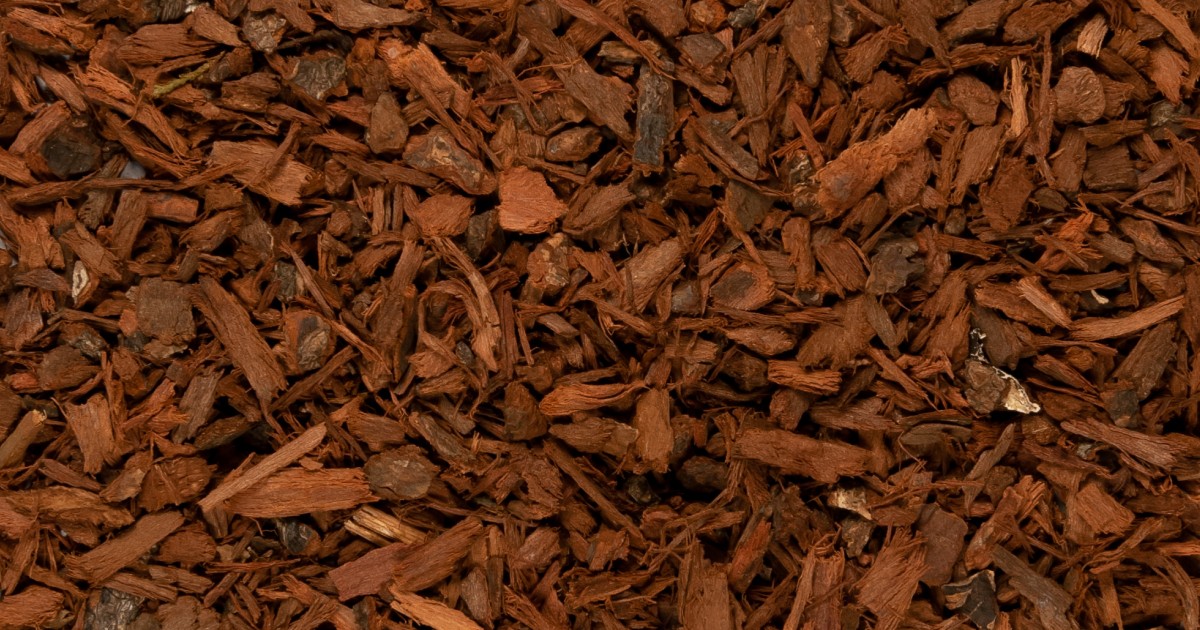Pygeum afticanum , also known as African plum, is a tree native to the African continent, particularly in the countries of Cameroon, Kenya, and Tanzania. The bark of the Pygeum afticanum tree has been used for centuries in traditional African medicine to treat a variety of ailments, particularly those related to the male reproductive system.

Pygeum afticanum bark contains several active compounds, including phytosterols, triterpenes, and fatty acids. These compounds are believed to be responsible for the plant’s medicinal properties. Pygeum afticanum is most commonly used to treat benign prostatic hyperplasia (BPH), a condition in which the prostate gland becomes enlarged and causes urinary problems. It is also used to treat other conditions, such as inflammation, kidney disease, and male infertility.
The use of Pygeum afticanum to treat BPH is supported by a significant amount of scientific research. In several clinical trials, Pygeum afticanum has been shown to reduce the symptoms of BPH, such as urinary frequency, urgency, and nocturia (waking up at night to urinate). It has also been shown to improve urinary flow rate and reduce prostate size.
One of the ways that Pygeum afticanum may work to improve BPH symptoms is by inhibiting the production of certain hormones that contribute to prostate enlargement. Specifically, Pygeum afticanum may inhibit the production of dihydrotestosterone (DHT), a hormone that is involved in the growth and development of the prostate gland. By reducing DHT levels, Pygeum afticanum may help to slow the growth of the prostate gland and relieve the symptoms of BPH.
Pygeum afticanum may also have anti-inflammatory properties, which could contribute to its ability to improve BPH symptoms. Inflammation is believed to be a contributing factor to the development of BPH, so reducing inflammation may help to alleviate the condition. Additionally, Pygeum afticanum may have antioxidant properties, which could help to protect the prostate gland from damage caused by free radicals.
Pygeum afticanum may also have benefits for male fertility. In one study, men who took Pygeum afticanum for six months experienced an improvement in their sperm parameters, including sperm count, motility, and morphology. The exact mechanism by which Pygeum afticanum improves fertility is not fully understood, but it may be related to its anti-inflammatory and antioxidant properties.
In addition to its effects on the male reproductive system, Pygeum afticanum may have other health benefits as well. For example, it may help to lower cholesterol levels and improve cardiovascular health. Pygeum afticanum may also have antibacterial properties, which could make it useful for treating infections.
Pygeum afticanum is generally considered safe when taken at recommended doses. However, it can cause side effects in some people, such as gastrointestinal upset, headache, and dizziness. It may also interact with certain medications, particularly those that are metabolized by the liver. Therefore, it is important to talk to a healthcare provider before taking Pygeum afticanum, especially if you have any medical conditions or are taking medications.
Pygeum afticanum is available in various forms, including capsules, tablets, and extracts. It is important to choose a high-quality product from a reputable manufacturer to ensure purity and potency. Dosages can vary depending on the specific product, so it is important to follow the manufacturer’s instructions or the advice of a healthcare provider.
It is also important to note that while Pygeum afticanum may be effective in reducing the symptoms of BPH, it should not be used as a substitute for medical treatment. If you are experiencing symptoms of BPH, it is important to see a healthcare provider for proper diagnosis and treatment.
Pygeum afticanum is just one example of the many natural remedies that have been used for centuries to treat various ailments. While modern medicine has made significant advances in the treatment of many conditions, natural remedies can still play a valuable role in maintaining health and treating certain conditions. However, it is important to use caution and seek the advice of a healthcare provider before using any natural remedy, as they can have side effects and interact with medications.
In conclusion, Pygeum afticanum bark has been used for centuries in traditional African medicine to treat a variety of conditions, particularly those related to the male reproductive system. It has been shown to be effective in reducing the symptoms of BPH and may also have other health benefits, such as improving male fertility and reducing inflammation and oxidative stress. While Pygeum afticanum is generally considered safe, it can cause side effects and may interact with certain medications, so it is important to use caution and seek the advice of a healthcare provider before using this natural remedy.
